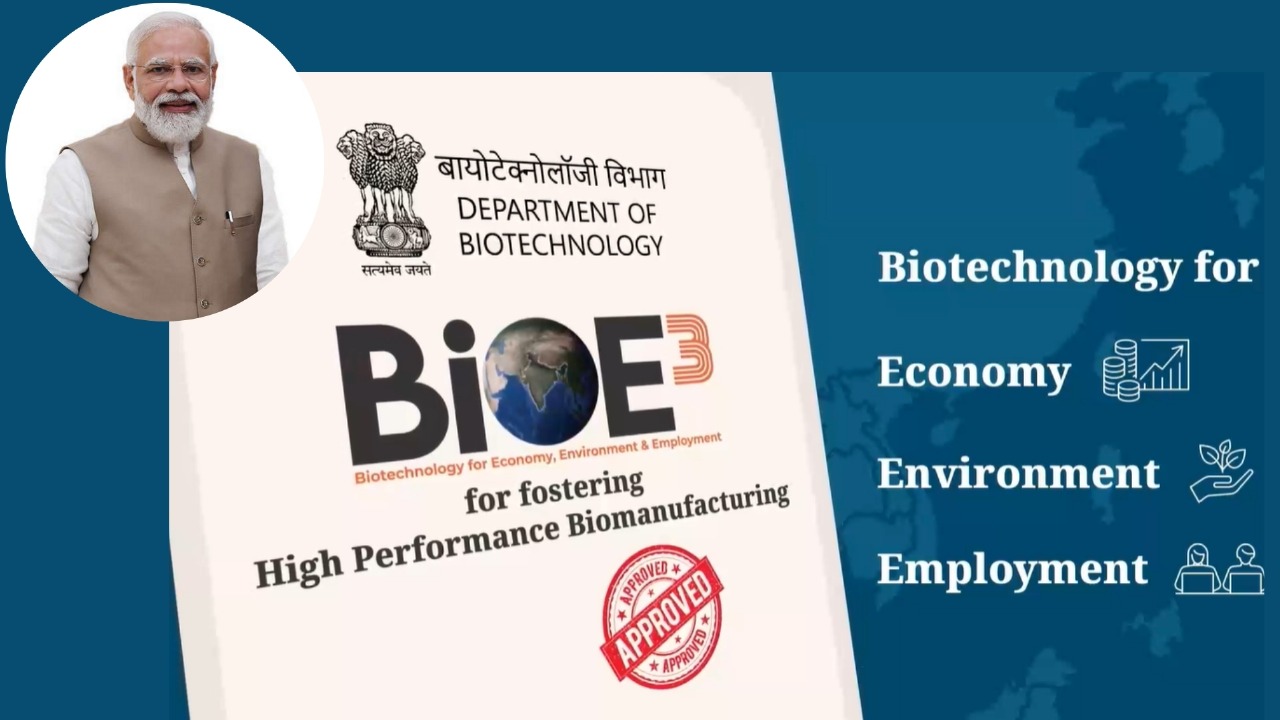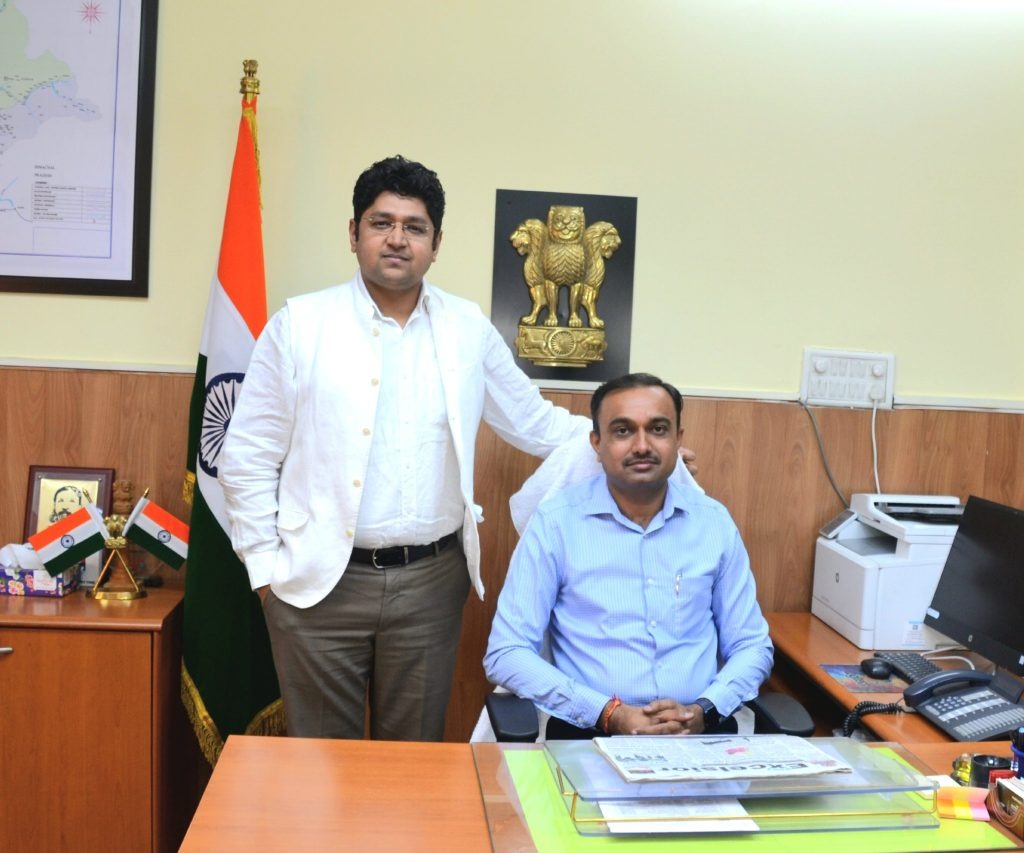 Image Source: Adda247
Image Source: Adda247
In a landmark initiative, India is set to conduct its first-ever biological experiments aboard the International Space Station (ISS) to explore the sustainability of human life in space. Announced by Union Minister Dr. Jitendra Singh, this mission is a flagship project under the BioE3 Biotechnology policy, launched by Prime Minister Narendra Modi, and marks a major leap in India's space biosciences and biotechnology sectors.
The experiments, developed jointly by the Indian Space Research Organisation (ISRO) and the Department of Biotechnology (DBT), will be carried out as part of the upcoming AXIOM-4 mission. Indian astronaut Group Captain Shubhanshu Shukla will represent the nation as a crew member on this historic flight.
The first experiment will investigate the effects of microgravity and space radiation on the growth of edible microalgae. These nutrient-rich organisms, known for their high protein, lipid, and bioactive compound content, are being studied as potential sustainable food sources for long-duration space missions. Their efficient photosynthesis also enables effective carbon dioxide absorption and oxygen production, making them ideal for closed space environments.
The second experiment focuses on cyanobacteria, specifically Spirulina and Synechococcus, examining their growth and proteomic responses in microgravity using urea- and nitrate-based nutrient media. Spirulina, recognized as a “superfood,” could play a vital role in recycling carbon and nitrogen from human waste, contributing to closed-loop life support systems in future space habitats.
These pioneering studies are being conducted in collaboration with the International Centre for Genetic Engineering and Biotechnology (ICGEB), New Delhi, and are expected to significantly advance India’s capabilities in sustainable space exploration and biomanufacturing.
Source: Press Information Bureau (PIB)
Advertisement
Advertisement







